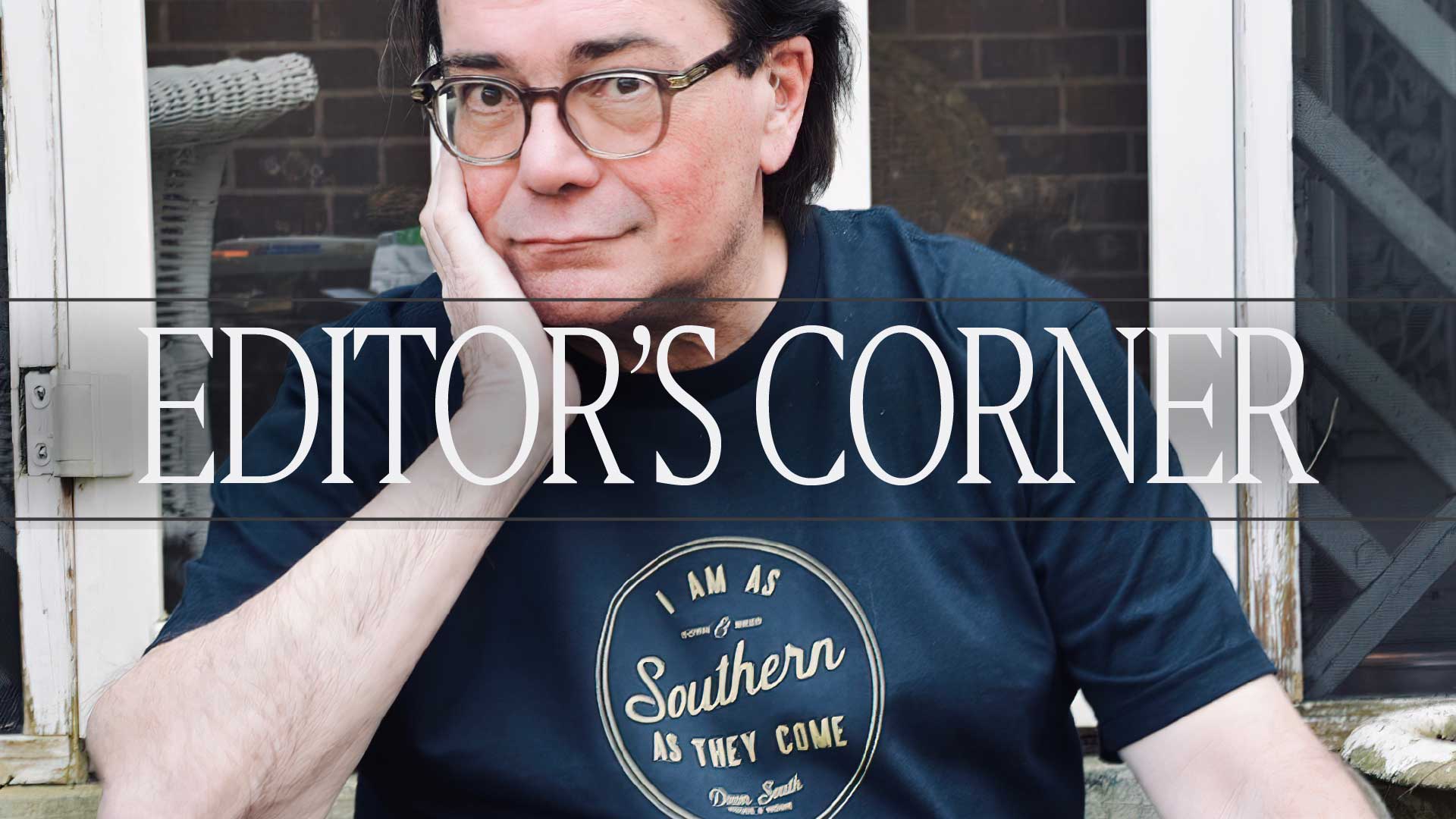
The Songs We Say
Salvation South kicks off a month-long celebration of Southern poetry with a soaring essay from Annie Woodford.
“Deliverance,” the movie, came out when I was eleven years old. By the time I was old enough to see it, I didn’t want to. The movie had already become just another reason for folks to make fun of people who talked like I did.
I learned a famous Southern author, James Dickey, wrote the book on which the movie was based, and I wrote him off, too. Then came a Southern lit class in college, in which one of the assigned books was James Dickey: Poems, 1957-1967. More than a hundred poems. The first one bears this elongated title: “May Day Sermon to the Women of Gilmer County, Georgia, by a Woman Preacher Leaving the Baptist Church.”
Gilmer County. My home. The words had the cadence and pace of the sermons I’d heard in every Baptist church my daddy ferried me to across that county. I could hear them in the gasping, straining delivery of all those preachers. And the words scared me. Redolent, they were, of evil. Things done that never should be.
Listen: often a girl in the country,
Mostly sweating mostly in spring, deep enough in the holy Bible
Belt, will feel her hair rise up arms rise, and this not any wishOf hers, and clothes like lint shredding off her abominations
In the sight of the Lord: will hear the Book speak like a father
Gone mad: each year at this time will hear the utmost sound
Of herself, as her lungs cut, one after one, every long track
Spiders have coaxed from their guts stunned spiders fall
Into Pandemonium fall fall and begin to dance like a girl
On the red clay floor of Hell…
I figured I’d go to hell just for reading this.
But I think it was my first lesson in the power of poetry, and this week — ’cause it is, after all, National Poetry Month — we’re diving into a three-week celebration of Southern poetry. Because, as the shockingly good Appalachian poet Annie Woodford writes in her kickoff essay, “in the South, poetry is a form of survival.”
Poetry is a food we need, not just because it creates vivid images in our head, but also because it captures the rhythm and peculiarities of our mother tongue. Southern English, that is. Annie’s essay will explain that for you beautifully, and it will introduce you to a host of Southern poets you might, or might not, be aware of. And at the end of her piece, we offer you quick links to their books.
Savannah poet Anne Waters Green, whose work has appeared here before, also joins us this week, as does a new contributor, Peggy Hammond of North Carolina. As the month continues, we will introduce you to poems chosen from a host of submissions that came to us after we put the call out to Southern poets a couple of months ago.
Down here, we’re good at singing our songs, so I want y’all to think about poems as the songs we say. Open up your ears and hear.
Chuck Reece is the co-founder and editor-in-chief of Salvation South, the weekly web magazine you're reading right now. He was the founding editor of The Bitter Southerner. He grew up in the north Georgia mountains in a little town called Ellijay.

